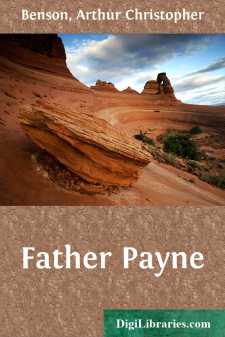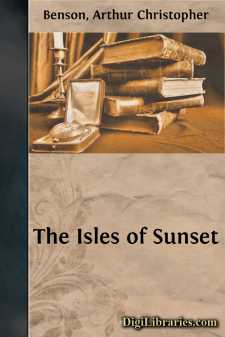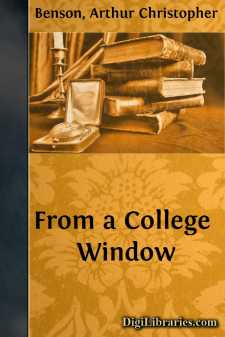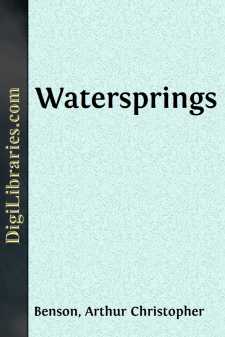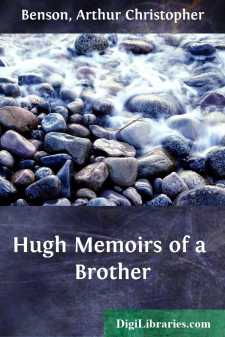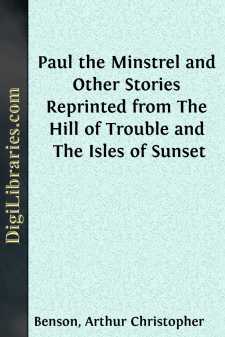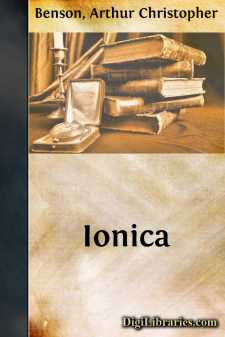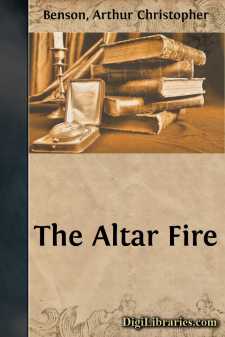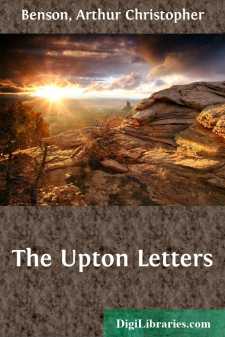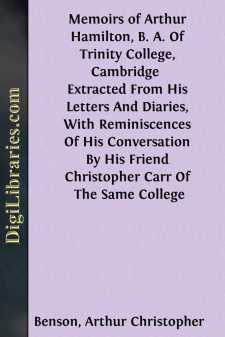Categories
- Antiques & Collectibles 13
- Architecture 36
- Art 48
- Bibles 22
- Biography & Autobiography 816
- Body, Mind & Spirit 145
- Business & Economics 28
- Children's Books 18
- Children's Fiction 14
- Computers 4
- Cooking 94
- Crafts & Hobbies 4
- Drama 346
- Education 58
- Family & Relationships 59
- Fiction 11831
- Foreign Language Study 3
- Games 19
- Gardening 17
- Health & Fitness 34
- History 1378
- House & Home 1
- Humor 147
- Juvenile Fiction 1873
- Juvenile Nonfiction 202
- Language Arts & Disciplines 89
- Law 16
- Literary Collections 686
- Literary Criticism 179
- Mathematics 13
- Medical 41
- Music 40
- Nature 179
- Non-Classifiable 1768
- Performing Arts 7
- Periodicals 1453
- Philosophy 66
- Photography 2
- Poetry 897
- Political Science 203
- Psychology 45
- Reference 154
- Religion 516
- Science 126
- Self-Help 86
- Social Science 82
- Sports & Recreation 34
- Study Aids 3
- Technology & Engineering 59
- Transportation 23
- Travel 463
- True Crime 29
Our website is made possible by displaying online advertisements to our visitors.
Please consider supporting us by disabling your ad blocker.
Father Payne
Description:
Excerpt
I
FATHER PAYNE
It was a good many years ago, soon after I left Oxford, when I was twenty-three years old, that all this happened. I had taken a degree in Classics, and I had not given much thought to my future profession. There was no very obvious opening for me, no family business, no influence in any particular direction. My father had been in the Army, but was long dead. My mother and only sister lived quietly in the country. I had no prosaic and practical uncles to push me into any particular line; while on coming of age I had inherited a little capital which brought me in some two hundred a year, so that I could afford to wait and look round. My only real taste was for literature. I wanted to write, but I had no very pressing aspirations or inspirations. I may confess that I was indolent, fond of company, but not afraid of comparative solitude, and I was moreover an entire dilettante. I read a good many books, and tried feverishly to write in the style of the authors who most attracted me, I settled down at home, more or less, in a country village where I knew everyone; I travelled a little; and I paid occasional visits to London, where several of my undergraduate and school friends lived, with a vague idea of getting to know literary people; but they were not very easy to meet, and, when I did meet them, they did not betray any very marked interest in my designs and visions.
I was dining one night at a restaurant with a College friend of mine, Jack Vincent, whose tastes were much the same as my own, only more strenuous; his father and mother lived in London, and when I went there I generally stayed with them. They were well-to-do, good-natured people; but, beyond occasionally reminding Jack that he ought to be thinking about a profession, they left him very much to his own devices, and he had begun to write a novel, and a play, and two or three other masterpieces.
That particular night his father and mother were dining out, so we determined to go to a restaurant. And it was there that Vincent told me about "Father" Payne, as he was called by his friends, though he was a layman and an Anglican. He had heard all about him from an Oxford man, Leonard Barthrop, some years older than ourselves, who was one of the circle of men whom Father Payne had collected about him. Vincent was very full of the subject. He said that Father Payne was an elderly man, who had been for a good many years a rather unsuccessful teacher in London, and that he had unexpectedly inherited a little country estate in Northamptonshire. He had gradually gathered about him a small knot of men, mainly interested in literature, who were lodged and boarded free, and were a sort of informal community, bound by no very strict regulations, except that they were pledged to produce a certain amount of work at stated intervals for Father Payne's inspection. As long as they did this, they were allowed to work very much as they liked, and Father Payne was always ready to give criticism and advice....


